January 15 stands as one of history’s most eventful days, witnessing the rise and fall of empires, groundbreaking discoveries, and moments that shaped our modern world across centuries of human achievement.
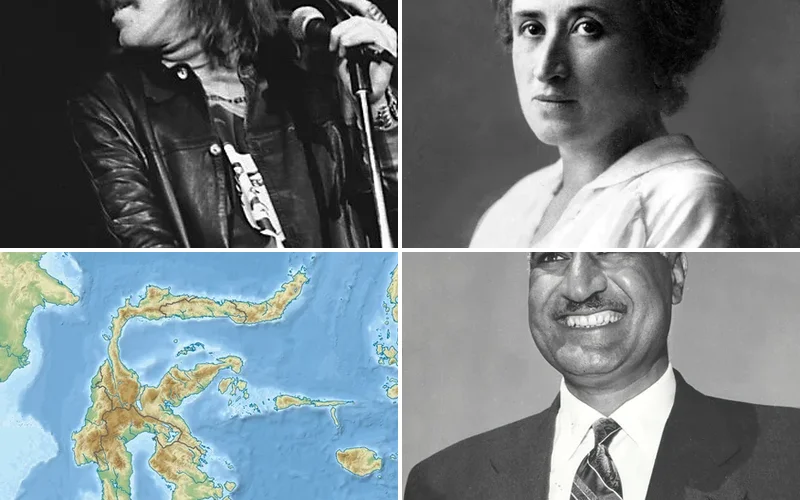
Politics and Government Events on January 15
1966 – Nigerian Military Coup Overthrows First Republic
Military officers seized control of Nigeria’s government, ending the democratic First Republic led by Prime Minister Abubakar Tafawa Balewa. The bloodless coup marked the beginning of decades of military rule in Africa’s most populous nation.
Young officers cited corruption and ethnic tensions as justification for their actions. This dramatic political upheaval would reshape Nigeria’s trajectory for generations to come.
1970 – Muammar Gaddafi Proclaimed Premier of Libya
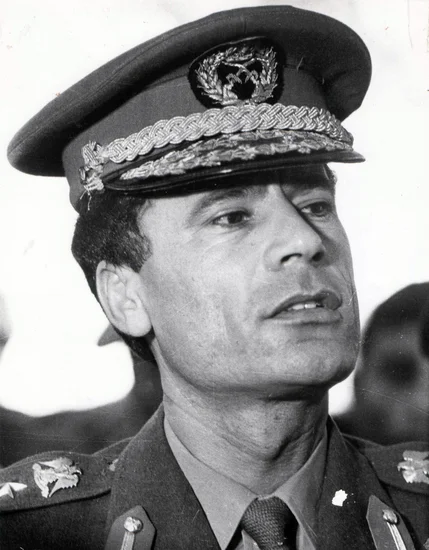
The revolutionary leader consolidated his power by officially assuming the role of Libya’s premier following his successful military coup. Gaddafi’s appointment signaled the beginning of his four-decade authoritarian rule over the North African nation.
His rise to power would transform Libya from a monarchy into a revolutionary socialist state. The young colonel’s political vision would influence regional politics across the Middle East and Africa.
1973 – Nixon Announces Suspension of Vietnam War Operations
President Richard Nixon declared the halt of all offensive military actions against North Vietnam, citing significant progress in ongoing peace negotiations. This momentous announcement marked a crucial turning point in America’s longest and most controversial war.
The decision reflected mounting domestic pressure and changing military realities on the ground. Nixon’s strategy represented a fundamental shift toward diplomatic rather than military solutions in Southeast Asia.
1975 – Alvor Agreement Grants Angola Independence
Portuguese colonial authorities signed the historic Alvor Agreement, formally ending Angola’s war of independence and granting the African nation its freedom. Three rival liberation movements agreed to share power in a transitional government leading to democratic elections.
The agreement represented the culmination of years of guerrilla warfare against Portuguese colonial rule. However, the fragile coalition would soon collapse into civil war as competing factions fought for control.
1991 – United Nations Iraq Deadline Expires
The UN Security Council’s ultimatum for Iraqi withdrawal from Kuwait officially expired at midnight, clearing the diplomatic path for military intervention. Coalition forces prepared for immediate action against Saddam Hussein’s occupying army.
Diplomatic efforts had failed to resolve the Persian Gulf crisis through peaceful means. The expired deadline marked the transition from diplomatic pressure to military force in liberating Kuwait.
2019 – Theresa May Suffers Historic Parliamentary Defeat

The British Prime Minister’s Brexit withdrawal agreement was rejected by 432 Members of Parliament, delivering the largest government defeat in modern British parliamentary history. The devastating 230-vote margin exposed deep divisions within both major political parties.
May’s humiliating loss threw Britain’s European Union departure plans into complete chaos. The historic defeat forced a fundamental reassessment of Brexit strategy and timeline.
Military and Naval History on January 15
1937 – Second Battle of Corunna Road Ends in Stalemate
Both Nationalist and Republican forces withdrew from their positions after suffering devastating casualties during the Spanish Civil War engagement. The brutal fighting along the strategic road had claimed thousands of lives without decisive victory for either side.
General Franco’s forces had attempted to cut off Republican supply lines to Madrid. The battle’s inconclusive outcome demonstrated the war’s increasingly attritional nature and foreshadowed years of continued conflict.
1943 – Soviet Forces Launch Voronezh Counter-Offensive
The Red Army began a massive counter-attack against German positions around the strategic city of Voronezh during World War II. Soviet commanders coordinated multiple army groups in their ambitious operation to reclaim territory lost during earlier German advances.
The offensive marked a crucial phase in the Soviet Union’s gradual reversal of German territorial gains. Russian forces employed improved tactics and equipment that would become hallmarks of their later successful campaigns.
1943 – Pentagon Officially Dedicated

The United States formally dedicated its new military headquarters in Arlington County, Virginia, creating the world’s largest office building. The massive five-sided structure consolidated America’s military command structure under one roof during the height of World War II.
Military planners had designed the Pentagon to accommodate the rapidly expanding wartime bureaucracy. The building’s completion symbolized America’s transformation into a global military superpower.
1962 – Indonesian Navy Vessel Sunk in New Guinea Conflict
The Indonesian patrol boat RI Macan Tutul, commanded by Commodore Yos Sudarso, was destroyed by Dutch naval forces in the Arafura Sea. The engagement occurred during Indonesia’s military campaign to seize control of Netherlands New Guinea.
Commodore Sudarso’s death in the battle made him a national hero in Indonesia’s struggle for territorial unity. The incident escalated tensions between Indonesia and the Netherlands over the disputed territory.
2016 – Kenyan Army Suffers Devastating Defeat in Somalia
Al-Shabaab Islamic militants overwhelmed Kenyan forces at El-Adde, inflicting the worst military defeat in Kenya’s history. An estimated 150 Kenyan soldiers were killed in the surprise attack on their remote military base.
The devastating loss exposed serious weaknesses in Kenya’s military operations in Somalia. The defeat prompted a complete reassessment of Kenya’s counter-terrorism strategy in the region.
Science and Discovery Milestones on January 15
1962 – Ancient Derveni Papyrus Discovered in Greece
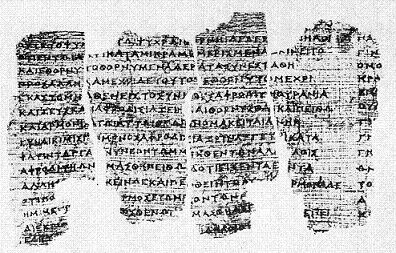
Archaeologists uncovered Europe’s oldest surviving manuscript, dating to 340 BC, during excavations in northern Greece. The ancient papyrus contained philosophical and religious texts that provided unprecedented insights into ancient Greek thought.
The remarkable discovery revolutionized understanding of pre-Socratic philosophy and early Greek religious practices. Scholars recognized the papyrus as one of the most significant archaeological finds of the 20th century.
1969 – Soviet Union Launches Soyuz 5 Mission
The Soviet space program successfully launched Soyuz 5 carrying cosmonauts into Earth orbit as part of an ambitious docking mission. The spacecraft aimed to rendezvous with Soyuz 4 in a complex orbital ballet demonstrating advanced spaceflight capabilities.
The mission showcased Soviet engineering prowess during the height of the space race. The successful launch maintained the Soviet Union’s position as America’s primary competitor in space exploration.
2005 – SMART-1 Discovers Lunar Surface Elements
The European Space Agency’s lunar orbiter identified calcium, aluminum, silicon, iron, and other crucial elements on the Moon’s surface. These groundbreaking discoveries provided new insights into the Moon’s composition and formation history.
The findings challenged existing theories about lunar geology and evolution. Scientists used this data to better understand the Moon’s role in Earth’s early development.
2020 – Japan Confirms First COVID-19 Case
The Japanese Ministry of Health, Labour and Welfare officially confirmed the nation’s first case of the novel coronavirus. The announcement marked Japan’s entry into what would become a global pandemic affecting millions of lives.
Health officials immediately implemented contact tracing and quarantine measures. The confirmed case represented the beginning of Japan’s long battle against the deadly virus.
Cultural and Arts Events on January 15
1936 – First All-Glass Building Completed in Toledo
The Owens-Illinois Glass Company unveiled the world’s first building constructed entirely of glass in Toledo, Ohio. The revolutionary architectural design challenged traditional construction methods and demonstrated glass’s potential as a primary building material.
The innovative structure attracted international attention from architects and engineers. The building’s completion marked a significant milestone in modernist architecture and industrial design.
1966 – First Super Bowl Played in Los Angeles
The Green Bay Packers defeated the Kansas City Chiefs 35-10 in the inaugural AFL-NFL World Championship Game. This historic contest established the Super Bowl as America’s premier sporting event and cultural phenomenon.
The game drew massive television audiences and demonstrated professional football’s growing popularity. The Packers’ dominant victory established the NFL’s early superiority over the rival American Football League.
1908 – Alpha Kappa Alpha Sorority Founded
African American college women established the first Greek-letter organization for Black women at Howard University. The sorority’s founding represented a crucial milestone in African American higher education and women’s empowerment.
The organization provided academic support and social connections for Black women in predominantly white institutions. Alpha Kappa Alpha became a powerful force for civil rights and educational advancement.
1911 – Palestinian Newspaper Falastin Founded
The Arabic-language newspaper Falastin began publication, becoming an influential voice for Palestinian nationalism and Arab identity. The publication provided a platform for political discourse and cultural expression in the Ottoman Empire.
The newspaper’s founding coincided with growing Arab nationalist movements throughout the Middle East. Falastin would become instrumental in shaping Palestinian political consciousness during the mandate period.
Religious and Social Events on January 15
1919 – Communist Leaders Murdered in Berlin
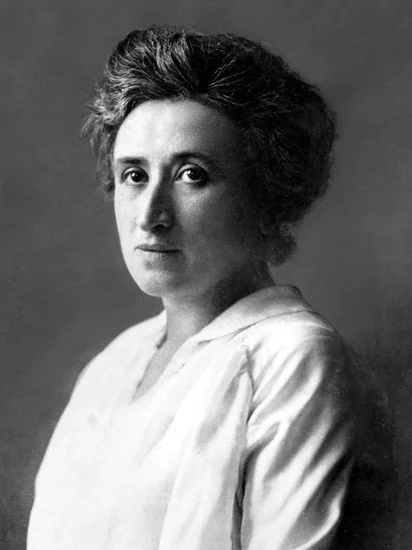
German Freikorps paramilitaries brutally executed Rosa Luxemburg and Karl Liebknecht, two prominent communist revolutionaries, at the conclusion of the failed Spartacist uprising. The murders eliminated key leaders of Germany’s radical left movement.
The executions occurred during the chaotic aftermath of Germany’s defeat in World War I. The killings demonstrated the violent suppression of communist movements across post-war Europe.
1981 – Pope John Paul II Receives Solidarity Delegation
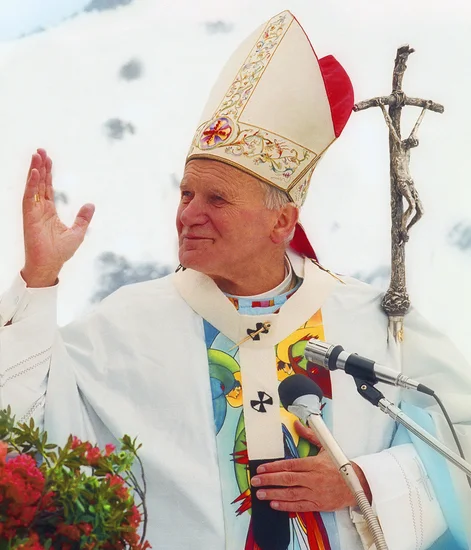
The Polish Pope welcomed representatives of the independent trade union Solidarity, led by Lech Wałęsa, at the Vatican. This historic meeting provided crucial international legitimacy for Poland’s pro-democracy movement.
The papal audience demonstrated the Catholic Church’s support for workers’ rights and political freedom. The meeting strengthened opposition to communist rule throughout Eastern Europe.
1977 – Gerald Ford Assassin Sentenced to Life
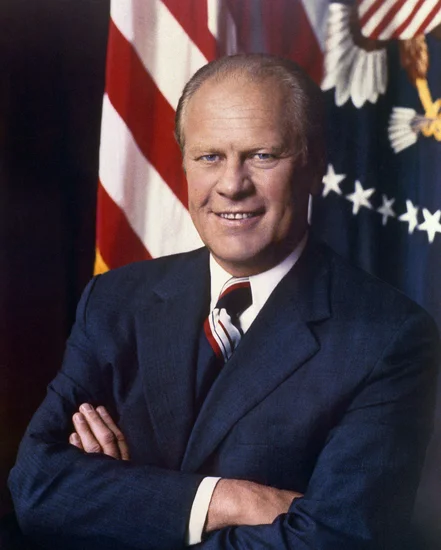
Sara Jane Moore received a life sentence for her attempted assassination of President Gerald Ford in San Francisco. The harsh punishment reflected the seriousness of attacking America’s highest elected official.
Moore’s failed assassination attempt had shocked the nation and prompted increased Secret Service protection. The sentencing concluded one of the most dramatic criminal cases of the 1970s.
Business and Economic Events on January 15
2015 – Swiss National Bank Abandons Euro Cap
The Swiss National Bank shocked global financial markets by removing its currency ceiling against the euro without warning. The sudden policy reversal caused massive volatility in international currency markets and caught investors completely off guard.
The Swiss franc immediately soared in value, creating chaos for businesses and travelers. The unexpected decision demonstrated the challenges of maintaining artificial currency pegs in volatile economic conditions.
2018 – Carillion Enters Liquidation
The British construction giant officially entered liquidation proceedings, representing the largest trading liquidation in UK history. The company’s collapse left thousands of employees without jobs and numerous public projects unfinished.
Carillion’s failure exposed serious problems in government contracting and corporate governance. The liquidation forced a complete reassessment of public-private partnerships in infrastructure development.
1919 – Great Molasses Flood Devastates Boston
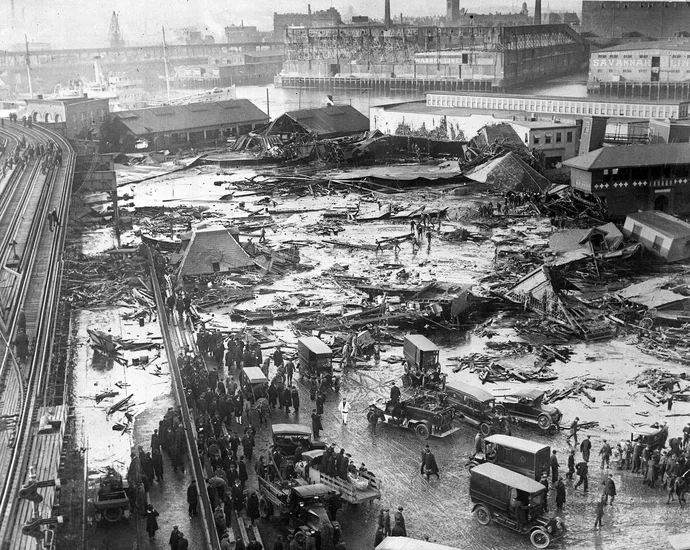
A massive storage tank exploded in Boston’s North End, releasing a deadly wave of molasses that killed 21 people and injured 150 others. The bizarre industrial disaster destroyed buildings and trapped victims in sticky, suffocating syrup.
The flood resulted from corporate negligence and poor safety standards at the Purity Distilling Company. The tragedy led to stricter building codes and industrial safety regulations throughout Massachusetts.
Transportation and Infrastructure on January 15
1910 – Buffalo Bill Dam Construction Completed
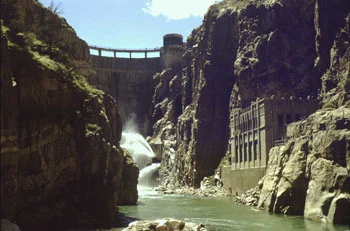
Workers finished construction of the Buffalo Bill Dam in Wyoming, creating the world’s tallest dam at 325 feet. The massive concrete structure represented a triumph of American engineering and provided crucial water resources for regional development.
The dam’s completion demonstrated America’s growing expertise in large-scale infrastructure projects. The project provided irrigation water and flood control for thousands of square miles of western farmland.
1977 – Linjeflyg Flight 618 Crashes in Stockholm

The Swedish domestic airliner crashed during approach to Stockholm Bromma Airport, killing all 22 people aboard. The tragic accident occurred in difficult weather conditions near the Kälvesta suburb.
The crash prompted a thorough investigation into aviation safety procedures and weather-related flying protocols. The accident remained one of Sweden’s deadliest aviation disasters.
2009 – Miracle on the Hudson River

Captain Chesley “Sully” Sullenberger successfully ditched US Airways Flight 1549 in the Hudson River after bird strikes disabled both engines. All 155 passengers and crew survived the emergency water landing in freezing January conditions.
The extraordinary rescue operation involved multiple agencies and civilian boats. Sullenberger’s skill and quick thinking transformed a potential catastrophe into a triumph of aviation professionalism.
Sports and Recreation on January 15
1967 – Green Bay Packers Win First Super Bowl
The Green Bay Packers dominated the Kansas City Chiefs 35-10 in the inaugural AFL-NFL World Championship Game at the Los Angeles Memorial Coliseum. The historic victory established the Packers as the first Super Bowl champions.
Coach Vince Lombardi’s team showcased the NFL’s superior talent and preparation. The game’s success launched the Super Bowl into America’s most-watched annual sporting event.
2013 – Egyptian Army Train Derails Near Giza
A military train carrying Egyptian Army recruits derailed near Giza, killing 19 soldiers and injuring 120 others. The tragic accident occurred during a period of political instability following the Arab Spring revolution.
The derailment exposed serious problems with Egypt’s aging railway infrastructure. The military tragedy highlighted the need for comprehensive transportation system improvements.
2021 – Powerful Earthquake Strikes Indonesian Sulawesi

A magnitude 6.2 earthquake devastated Indonesia’s Sulawesi island, killing at least 105 people and injuring over 3,000 others. The powerful tremor destroyed hundreds of buildings and displaced thousands of residents.
The earthquake struck during the early morning hours when most people were sleeping. Indonesian authorities launched massive rescue operations to find survivors trapped in collapsed structures.
Notable Births on January 15
1929 – Martin Luther King Jr. Born in Atlanta
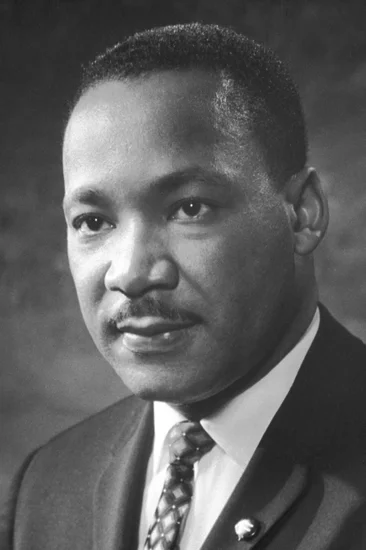
The future civil rights leader entered the world in Atlanta, Georgia, destined to become America’s most influential advocate for racial equality. His birth occurred during the height of Jim Crow segregation in the American South.
King’s early childhood experiences with racial discrimination shaped his lifelong commitment to social justice. His leadership would eventually transform American society and inspire liberation movements worldwide.
1908 – Edward Teller Born in Budapest
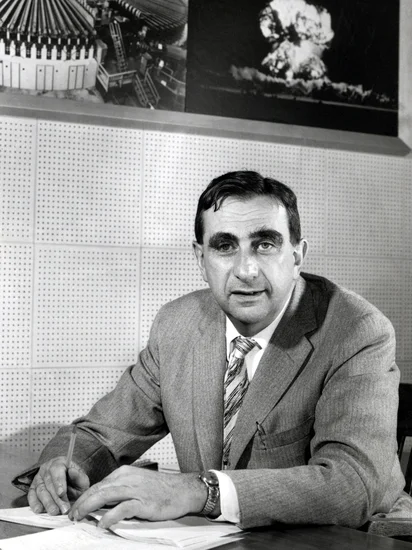
The future nuclear physicist was born in Hungary, later becoming known as the “father of the hydrogen bomb.” His theoretical work would prove crucial to America’s nuclear weapons development during the Cold War.
Teller’s scientific contributions extended beyond weapons research to include stellar physics and fusion energy. His controversial advocacy for nuclear weapons sparked debates about science and ethics.
1918 – Gamal Abdel Nasser Born in Alexandria
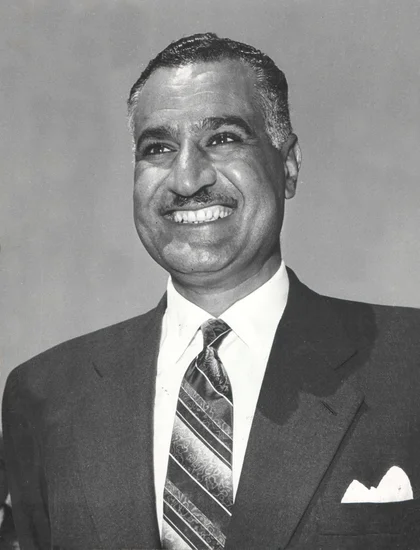
The future Egyptian president was born in Alexandria, destined to become the Arab world’s most influential leader. His birth coincided with the final years of British colonial dominance in Egypt.
Nasser’s early military training shaped his revolutionary vision for Arab nationalism. His leadership would challenge Western influence throughout the Middle East and Africa.
1941 – Captain Beefheart Born in California
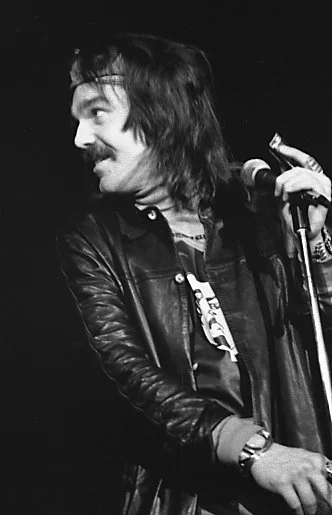
Don Van Vliet, later known as Captain Beefheart, was born in Glendale, California, becoming one of rock music’s most innovative and experimental artists. His unique musical vision would influence countless musicians across multiple genres.
Beefheart’s avant-garde approach combined blues, jazz, and rock into completely original compositions. His artistic legacy extended beyond music to include visual art and environmental activism.
1956 – Mayawati Born in Uttar Pradesh

The future Indian politician was born in New Delhi, becoming a powerful advocate for Dalit rights and social justice. Her rise to prominence challenged traditional caste hierarchies in Indian politics.
Mayawati’s political career focused on empowering marginalized communities through education and economic opportunity. Her leadership inspired millions of India’s most disadvantaged citizens.
Notable Deaths on January 15
1919 – Rosa Luxemburg Murdered in Berlin
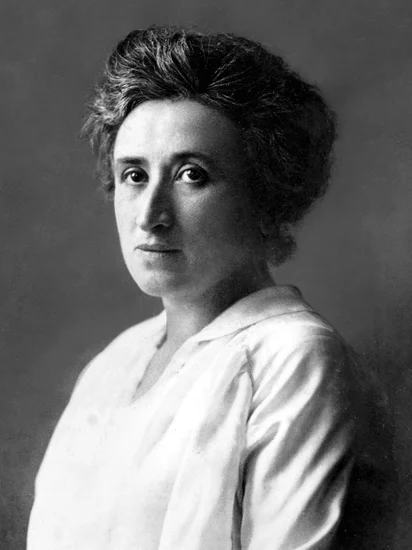
The Polish-German revolutionary theorist and economist was brutally killed by German Freikorps paramilitaries following the failed Spartacist uprising. Her death eliminated one of Europe’s most influential Marxist thinkers.
Luxemburg’s theoretical writings on capitalism and imperialism influenced socialist movements worldwide. Her murder became a symbol of the violent suppression of communist movements in post-war Europe.
1919 – Karl Liebknecht Executed in Berlin
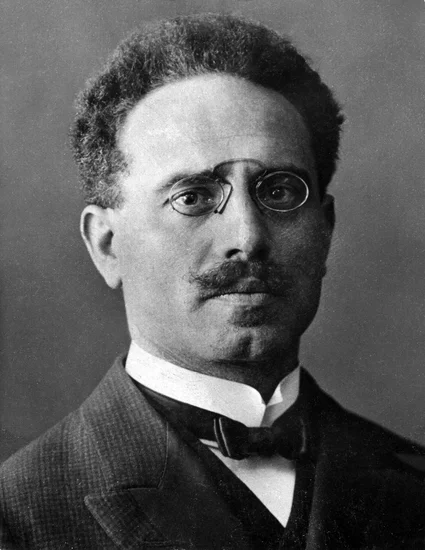
The German socialist politician was shot to death alongside Rosa Luxemburg by right-wing paramilitaries. His execution ended a career devoted to opposing militarism and advocating for workers’ rights.
Liebknecht’s principled opposition to World War I had made him a target of German nationalism. His death marked the violent end of Germany’s revolutionary socialist movement.
1967 – David Burliuk Passes Away
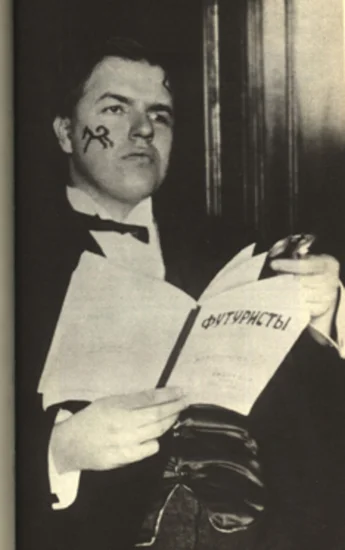
The Ukrainian-American artist and poet died in New York, ending a career that spanned multiple continents and artistic movements. His work helped establish abstract art in both Russia and America.
Burliuk’s influence extended beyond painting to include poetry, criticism, and cultural organizing. His death marked the end of an era in international avant-garde art.
1990 – Gordon Jackson Dies in London
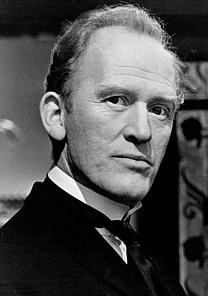
The beloved Scottish actor passed away in London, ending a distinguished career in film, television, and theater. His performances in “The Great Escape” and “Upstairs, Downstairs” made him internationally famous.
Jackson’s versatility allowed him to excel in both dramatic and comedic roles. His death represented a significant loss to British entertainment and Scottish cultural identity.
2018 – Dolores O’Riordan Found Dead in London

The Irish singer and lead vocalist of The Cranberries was found dead in a London hotel room at age 46. Her distinctive voice and songwriting had made The Cranberries one of Ireland’s most successful musical exports.
O’Riordan’s music addressed themes of love, loss, and Irish identity with remarkable emotional depth. Her sudden death shocked fans worldwide and ended one of alternative rock’s most recognizable voices.
Holidays and Observances on January 15
Army Day Celebrated in India

India honors its armed forces with nationwide celebrations recognizing military service and sacrifice. The observance includes parades, ceremonies, and public recognition of military achievements.
The holiday strengthens civilian-military bonds and promotes national unity. Army Day celebrations demonstrate India’s commitment to defense and regional security.
Teacher’s Day Observed in Venezuela
Venezuelan educators receive special recognition for their contributions to national development and youth education. The holiday celebrates teaching as a noble profession essential to social progress.
Schools organize special programs honoring teachers and their dedication to learning. The observance reinforces education’s importance in Venezuelan society and culture.
John Chilembwe Day Commemorated in Malawi
Malawi remembers the anti-colonial revolutionary leader who fought against British rule in the early 20th century. The holiday celebrates African resistance to colonial oppression and the struggle for independence.
Chilembwe’s legacy inspires continued efforts for social justice and political freedom. The commemoration strengthens Malawian national identity and historical consciousness.
